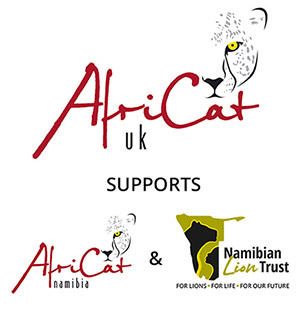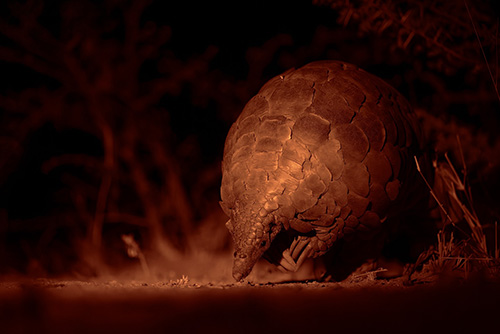AFRICAT UK UPDATES
STAY IN TOUCH WITH OUR BI-MONTHLY AFRICAT UK NEWSLETTER
Newsletter update: AfriCat UK regrets that it has been unable to produce its bimonthly newsletter due to a serious illness by the editor. It is hoped it will be possible to resume publication in2026. Anyone keen to produce a newsletter on behalf of AfriCat UK (current delivery mechanism is Mailchimp) on a bimonthly basis we would just love to hear from you please get in touch with janet@africat.co.uk

Image: Lions at Blair Drummond Safari Park Scotland. UK supporter of Namibian Lion Trust
The Team at AfriCat UK wish you all a Happy New Year filled with happiness, peace and joy.
Let us all hope that 2026 brings with it understanding, hope and compassion for all living things on this planet.
If nature can thrive then so too will our planet and humanity.
Thank you all for your continued interest and support, we would not be here without you
The AfriCat Foundation and Pangolins
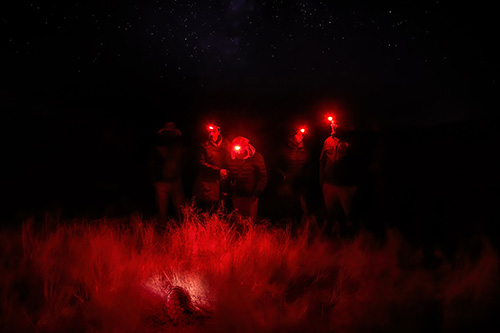
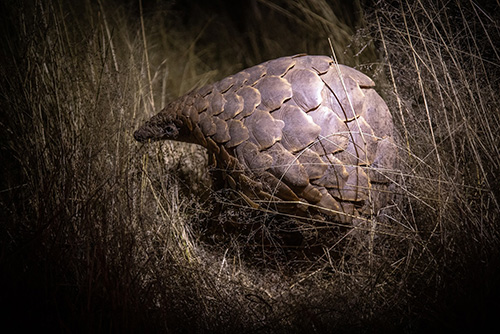
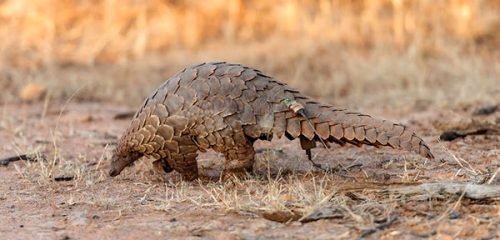
The Okonjima Nature Reserve is home to a wide range of interesting species, one little known resident is a scaly anteater known as the Temminck’s ground pangolin (Smutsia temminckii) or ground pangolin. These animals are predominantly nocturnal which makes studying them difficult, especially in areas with high concentrations of predators. This is why the African pangolin species (there are three others) has been under researched, but this is changing.
Research undertaken on the Okonjima Nature Reserve has found for example some pangolins will forage during the day! GPS trackers are now small enough to be fitted to pangolins which together with trail cameras have allowed researchers scope to gather more information about these fascinating creatures. A visit to Okonjima can provide a rare and wonderful experience of ‘walking with a pangolin’. Learn more and watch this video.
Pangolins are a keystone species who provide a variety of valuable services to the ecosystem directly impacting many other species. Firstly, it is estimated pangolin consume approximately 70 million ants and termites per year, which in turn provides a service to those animals feeding on plants targeted by the insects.
As reported in “Illegal trade in Pangolins in Namibia:” it is estimated that approximately N$600 million per year can be saved in crop loss due to the service provided by pangolin consuming ants and termites- a useful point in the fight against illegal poaching and trafficking of pangolins – as they are the most trafficked mammal in the world.
Pangolin are burrowing animals, which play important roles within ecosystems by functioning as ecosystem engineers. This results from their turning over of the soil during burrowing and feeding which can help aerate the soil and lead to an increase in plant germination.
Traditionally in Africa, pangolin and their scales are moderately used for bushmeat and muti, but now there is a rising demand from Asian markets. China and Vietnam view pangolin as a delicacy and their cultures also believe pangolin scales and body parts to have healing powers in traditional Chinese medicine. A pangolin scale is viewed (in parts of Asia) like that of rhino horn, despite it being made from the same material as our own fingernails and hair.
Another large threat pangolin face in southern Africa is electrocution by electrified fencing, which is why at the Okonjima Nature Reserve the bottom wires on all fencing throughout the reserve has been raised.
The Okonjima Nature Reserve Pangolins feature in the new and stunning book 10 years of Remembering Wildlife!
This book featured all the different types of pangolins across Asia and Africa, plus images of the other species covered in the series, the majority of which are found in Namibia and Okonjima.
At the book launch there were excellent speeches from all three speakers. Lisa Hywood of Tikki Hywood Foundation, was inspirational in discussing the issues facing pangolins and her journey in learning their habits, needs and the best way to care for them.
The book has an editorial from her. While Will Burrard Lucas has visited Okonjima to photograph the pangolins it was his photographs of the giant rare pangolin that found their way into the book. Will is an expert in setting up remote cameras and has skills and technology to capture images in a range of difficult light conditions, highly valuable when trying to capture nocturnal animals.
You can still get your hands on a copy at https://buyrememberingwildlife.com
The Remembering Lion Book donated funds to the Namibian Lion Trust for their work in the field of lion conservation.
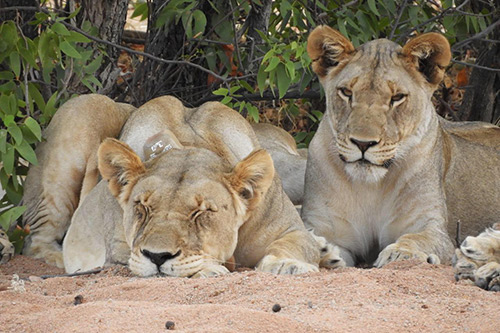
Thank You Blair Drummond Safari Park for your support of the Namibian Lion Trust.
The keepers and staff of Blair Drummond Safari Park select charities to work with through their Link to the Wild programme. The team on site give talks and find other ways to engage members of the public about the plight of the rare and endangered animals they can see in the park.
The number of lions across Africa have plummeted. Habitat loss and fragmentation of their range means there are just half the lions roaming Africa than there were 30 years ago. In fact, there are now thought to be now more white and black rhinos than lions living wild in Africa.
For the Namibian Lion Trust Lion Guards every day is dedicated to working with lions and the local farmers with education, tracking and monitoring key elements. Celebrating World Lion Day provided a spotlight on their work and helps to educate people as to the issues lions and those living alongside them face.
AfriCat UK is very grateful to the Blair Drummond Safari Park for their work talking with their visitors explaining the issues lions face and for those who made donations vital to support the ongoing projects with children’s wildlife clubs undertaken by the Guards.
If you are passing the Safari Park or planning a trip to the Stirling area, then book a visit.
Namibian Lion Trust T-shirts designed by Leading London Fashion Designer, Daniel James
The Namibian Lion Trust are super-excited to announce a ground-breaking initiative in wildlife conservation.
Today we are launching a unique range of specialist designer clothing based on the fusion of the core values of Fashion, Rock ‘n’ Roll and Conservation, and designed from the outset in support of the Namibian Lion Trust.
Leading London Fashion Designer, Daniel James, has very kindly designed a unique range of clothing incorporating specialist features that combine style with practicality, functionality with flair.
All profits/proceeds come directly to us at the Namibian Lion Trust.
Namibian Lion Trust T-shirts designed by Leading London Fashion Designer, Daniel James
World Rhino Day is a day of awareness for all five rhino species and the work being done to save them by rhino experts and advocates around the world.
Okonjima Nature Reserve is home to a small number of White Rhino, which are a treat to see in their natural habitat. Those staying at Okonjima can arrange to visit them, in certain circumstances this may be on foot.
White Rhinos are struggling as they continue to be poached for their horn, which is nothing more than what your nails are made of. Really sadly some people still hold onto a belief that it has healing properties – it does not. As the horn has value on the black market these magnificent creatures are still slaughtered and worse still have their horns cut off with chain saws and then left to die.
One of Daniel’s many celebrity clients is Ronnie Woods of the Rolling Stones! Daniel designs all of Ronnie’s stage outfits and Ronnie has very kindly donated one of his specially-commissioned Lion artworks to be printed on a one-off T-shirt for our unique use. – All proceeds come directly to us at the Namibian Lion Trust.
Ronnie has been supporting conservation efforts for many years and we are very grateful for his support with this project.
With Christmas around the corner one of these specially designed t-shirts or sweatshirts would make a lovely present.
Please follow the link below to go directly to Daniels James’s website to see the whole collection he has designed alongside, as well as the very special Ronnie Woods Lion artwork T-shirt or use the QR code.
Shop now and support the work of the Namibian Lion Trust
For more information about The Namibian Lion Trust please visit their website.

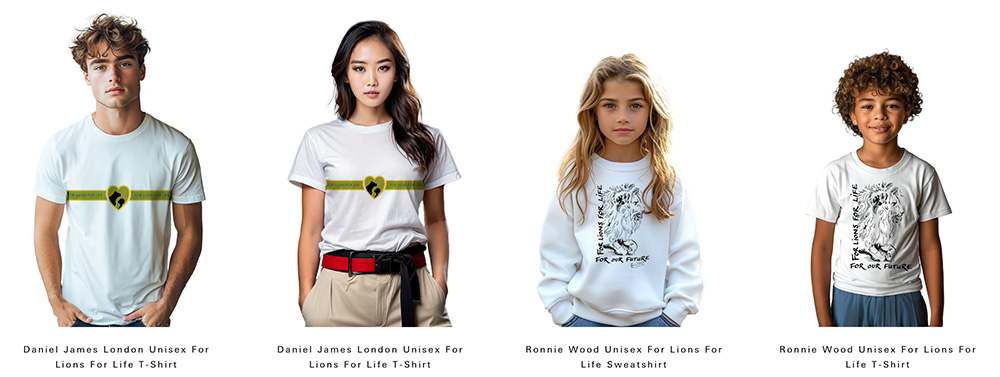
Thank you from the AfriCat UK Board
We have been delighted to see the funds coming in from a range of sources.
The AfriCat UK online shop has increased its range of goods and includes mugs, cards water bottles as well as a range of other items. It is worth checking out from time to time as things do get added. If there is something particular you are after, do email janet@africat.co.uk with the detail of what you would like and it may be possible to design it for you. Please allow plenty of time.
The new Namibian Lion Trust merchandise from London Fashion Designer Daniel James has been well received and sales have been steady especially in the run up to Christmas. They do make excellent presents for all ages.

Easyfundraising continues to be popular and is an excellent way to help AfriCat UK without costing you a penny, please spread the word and if you have not signed up yet please do. The shop you purchase the goods from give us a small percentage of the time cost.
We have been delighted to see that people have been making donations via Benevity which is a corporate platform that enables people across the world to donate to charities of their choice.
We are very grateful to be remembered by a recent friend of AfriCat UK in their will and will ensure their generosity is used to good advantage.
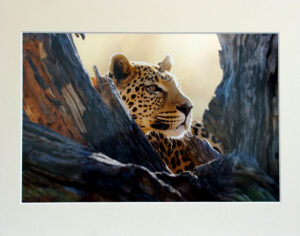
There is still a supply of prints taken by Chris Packham you can purchase.
Check out the details in the shop section of the website.
In 2025 we hope to expand and increase the ways people can support AfriCat UK and The Namibian Lion Trust. Any suggestions and ideas are most welcome.
AfriCat UK
The AfriCat UK Board.
The three current Trustees of AfriCat UK are Frank Horan as Chairman, Charlotte Shipton and Janet Widdows. In addition, we have keen supporters of the work in Namibia who assist the Board with various tasks and our longstanding Patrons and Ambassadors. The Board is keen to hear from anyone who would like to help with fundraising, tasks associated with running the charity or those willing to join the Board.
Any offers of help are most welcome, please contact either Frank or Janet or Charlotte
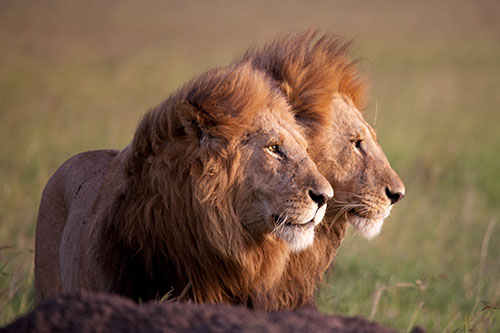
AfriCat UK’s Vision
To contribute towards the conservation efforts of the Namibian charities who work to conserve suitable habitat and environments where carnivores and endangered species can thrive and survive. This work will involve education, research and working with local communities.
Misson Statement
To promote the need for conservation of the natural world for all in Namibia. To work with local charities supporting their projects and initiatives. This will include but not be limited too, awareness raising of issues in the UK, Namibia and the wider world; supporting local educational initiatives; fundraising; promoting visits to the region and Okonjima; encouraging and sharing relevant research work; working to reduce human wildlife conflict and to involve local communities with all relevant activities.
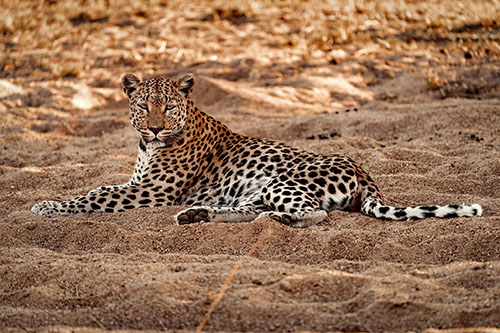
Contacting AfriCat UK
correspondence address: 5 Brackendale Way, Reading, Berkshire RG6 1DZ
phone: landline 0118 935 1681 (please leave a message if no reply)
email address: support@africat.co.uk has replaced info-uk@africat.org but anything sent to the old email is being forwarded and we will reply.
AfriCat UK board members can be contacted with their first name followed by @africat.co.uk
website: www.africat.co.uk
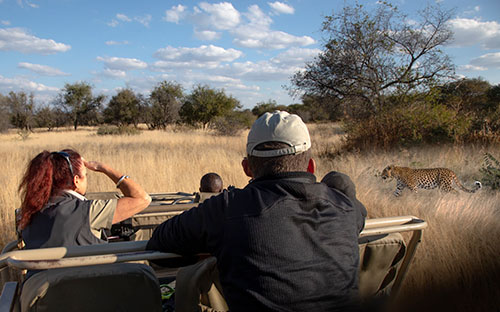
AfriCat - Behind the Scenes
The AfriCat Foundation welcomes Okonjima guests to come behind the scenes to learn first-hand about the work of the Foundation.
The AfriCat Behind The Scenes programme is available for groups of guests between 4 to 8 pax booked into the Okonjima Bush Camp or Luxury Villa for at least three nights on a fully inclusive basis.
This experience will give you a deeper insight into our research projects, such as the Brown Hyaena, Pangolin, the Leopard and other endangered species. Guests will be able to see and participate in AfriCat work that can be scheduled for the time of the visit such as re-collaring as well as the option of meeting the “AfriCat ambassador carnivores” that are in the care of AfriCat.
For more information please visit: AfriCat Behind the Scenes
Since 2014, AfriCat UK (UK Charity Commission Number 1120026) has supported The AfriCat Foundation and The Namibian Lion Trust (Formerly AfriCat North). AfriCat UK raises funds for the various programs that have been developed by the Namibian charities to assist in research of key species, research of solutions to Human Wildlife Conflict, and the education of local communities in Namibia.
We have successfully funded research that has assisted in the better understanding of the Cheetah, Pangolin, Leopard, Lion, and Hyenas. AfriCat UK have funded the building of a school for local communities to improve the link in conservation and education for future generations. Many world renowned veterinary clinicians have based their research and resultant doctorates on the animals and facilities that can be found at the two charities in Namibia that we continue to fund. The importance of this research allows for wide-spread conservation initiatives that impact species globally.

